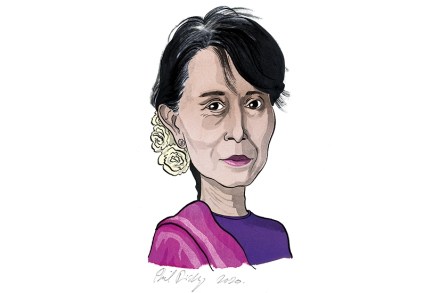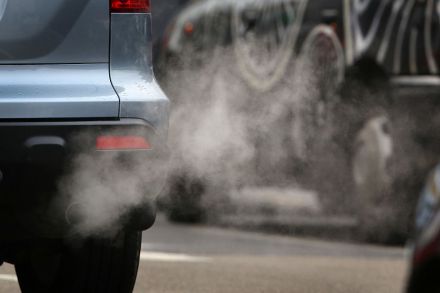The Lady I knew: Aung San Suu Kyi’s tragedy
Shakespeare’s tragedies have heroes but they are not heroic. As the plays unfold you witness their crumbling. In fact, they destroy themselves because the flaw is embedded deep in their character. It’s an inevitable and irresistible process. It’s an outcome that cannot be prevented. That’s why it’s tragic. I think that could also be true of Aung San Suu Kyi. I’ve known her since I was five. At the time, her mother was the Burmese Ambassador in India, and Suu, as I have always called her, was an undergraduate at Delhi’s Lady Shri Ram College. Our parents became friends and Suu and my sister Kiran would often drive together to




















